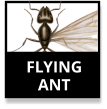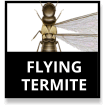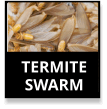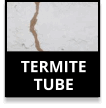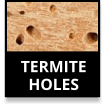When purchasing a home or commercial property in Northeast Philadelphia, a termite inspection is a crucial step. Buyers want to ensure that the structure is termite-free and has no unrepaired damage from past infestations.
However, many property owners neglect regular termite inspections after purchase. This is a problem because termites are experts at hiding. They infest basements, crawl spaces, and other unseen areas, silently causing structural damage over time.
By the time visible damage appears, costly repairs become unavoidable. Regular termite inspections—every one to two years—are key to preventing major infestations and structural damage.
Termite colonies contain thousands of members, each with distinct roles:
Termites thrive in hidden, humid environments. Their nests are typically underground, and they use mud tunnels to reach food sources such as rotting wood, trees, or buildings.
Termites can enter homes through:
Termites consume cellulose found in wood and plant-based materials. They also damage books, cardboard, paper, and textiles.
Termites can weaken structures by hollowing out joists, frames, and walls. Without detection, an infestation can persist for years, leading to costly repairs or even structural failure.
Look for these warning signs:
Reduce the risk of termite infestations by:
Newtown Termite & Pest Control is a certified Termidor® exterminator, using the nation’s #1 termiticide to protect homes and businesses. Our treatment:
Since 1993, Newtown Termite & Pest Control has been a trusted name in Philadelphia. Our warranty includes:
Termites can go undetected until extensive damage occurs. Industry experts recommend termite inspections every two to three years.
Schedule your FREE termite control inspection today!
Courtesy: Newtown Termite & Pest Control, Inc.
